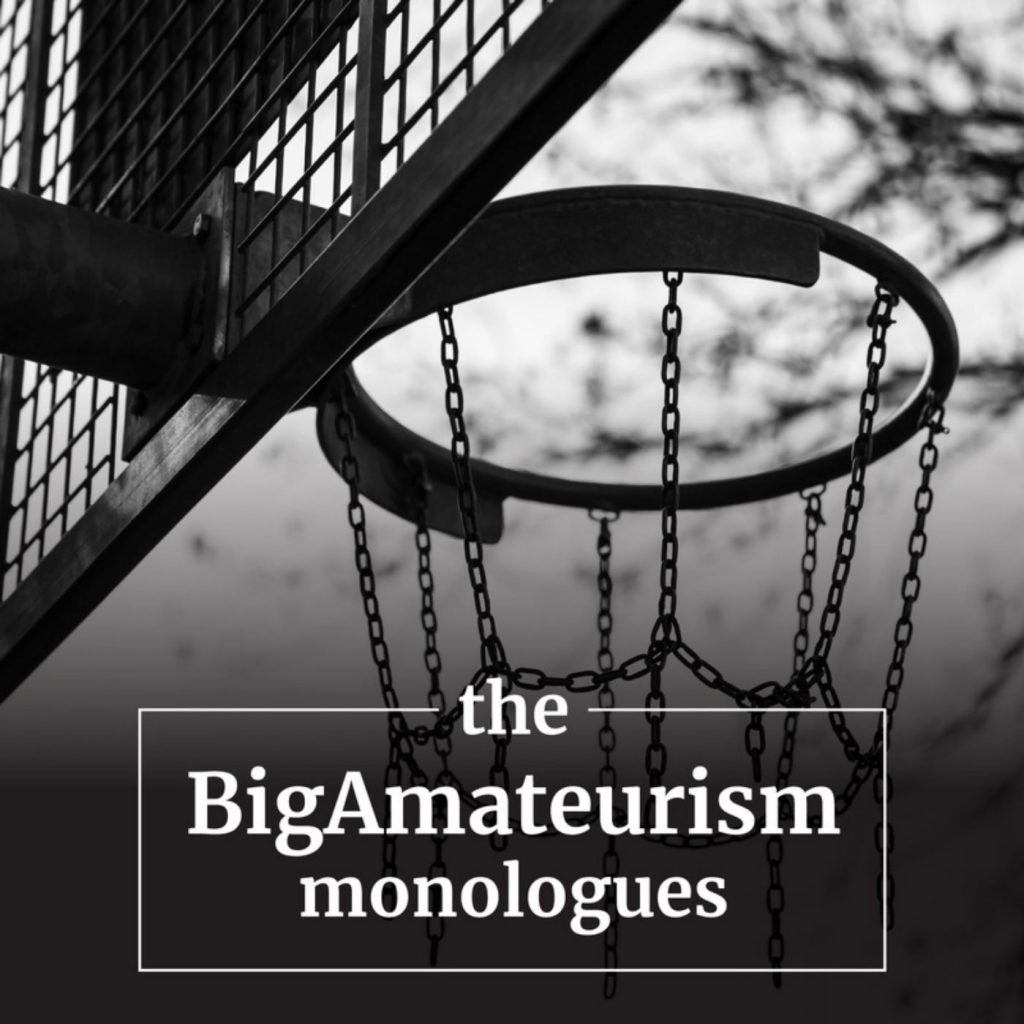Episodes
On June 29th, the Big 12 Conference’s university presidents and chancellors hired sports and entertainment industry insider Brett Yormark as the Big 12’s new conference commissioner. Yormark has no professional experience in higher education. In its announcement of the hire, the Big 12 lauds Yormark’s impressive credentials as the chief operating officer of Roc Nation, the chief executive officer of the New Jersey/Brooklyn Nets, and vice-president of corporate sponsorships for NASCAR. While the Big 12 presidents and chancellors made the final call on Yormark, they hired a head-hunting firm—TurnkeyZRG—to lead the search. Turnkey operates in sports entertainment, media-tech, intercollegiate athletics, and music. The NCAA has also hired Turnkey to secure the next NCAA President and the next NCAA chief financial officer. This episode discusses the absence of emphasis on education in these hires making clear that entertainment and fan engagement have relegated education to the dust bin of Power 5 and NCAA priorities.
Resource: “Cheering on the Collegiate Model: Creating, Disseminating, and Embedding the NCAA’s Redefinition of Amateurism” (Southall and Staurowsky, 2013)
Myles Brand’s 2006 National Press Club Speech (“Collegiate Athletics”)
One year ago, I published Episode 35 titled “Independence Day.” Today, I reprise that episode to refocus on the importance of applying our inalienable natural and American rights of liberty, equality, and economic self-determination to the athletes in college sports who give the revenue-producing products their value. Events of the last two weeks, including renewal of conference realignment and an emphasis on hiring key college sports decision-makers from the entertainment industry, call into question the value system of college sports and higher education writ large. The Power 5 and NCAA are nakedly and aggressively cutting the cord with their stated nonprofit educational missions in their quest for an NFL-style football product. Yet, at the same time, the Power 5 argue to Congress and federal courts that revenue-producing athletes are amateurs, not professionals, and “students,” not employees.
One year ago, the US Supreme Court issued what many view as a landmark decision in NCAA v Alston. The Supreme Court held unanimously that the NCAA was not entitled to antitrust immunity. For nearly forty years post-Board of Regents, the NCAA has successfully used off-hand language from that case as a shield from liability in lawsuits challenging the NCAA’s amateurism-based compensation limits or its regulatory authority. In short, the Supreme Court held that the NCAA was not above the law. In Johnson v NCAA, athletes allege they are employees under the Fair Labor Standards. The NCAA counters that it is entitled to a similar amateurism-based immunity created out of whole cloth by the 7th Circuit in Berger v NCAA. It treats Alston as either irrelevant to the FLSA issues or supportive of its amateurism-based immunity arguments. The NCAA’s briefing in Johnson makes one wonder whether Alston has any meaning at all. This episode analyzes the NCAA’s use of Alston and the state of amateurism in 2022.
n a trilogy of cases since late 2014, athletes claim they are employees under the federal Fair Labor Standards Act (FLSA). The FLSA provides minimum wage and overtime standards for hourly workers. The purpose of the FLSA is distinct from and more limited than the National Labor Relations Act (NLRA), which provides an avenue for workers to have a say in their work conditions through collective bargaining. Under both laws, putative workers must first establish they are indeed employees. The employee tests for the FLSA and NLRA have some overlap but are not identical. However, all employee tests are multi-factored and require extensive fact findings under broad statutory eligibility criteria that require an analysis of the totality of the circumstances. Neither law expressly excludes college athletes from coverage. In Johnson v NCAA, the 3rd Circuit Court of Appeals will determine whether the FLSA categorically excludes athletes from FLSA coverage. The primary inquiry under the FLSA is the “economic reality” of the relationship between putative employer and employee. In the first case of the FLSA trilogy—Berger v NCAA—the 7th Circuit Court of Appeals affirmed a ruling of the district court that athletes cannot be employees under the FLSA as a matter of law. Relying on a 1992 case—Vanskike v Peters—rejecting a prisoner’s claim that his forced prison labor made him an employee under the FLSA, the district court and 7th Circuit excluded athletes as employees under the FLSA without any factual inquiry or the application of any of multi-factored tests designed to determine employee status under the FLSA. Neither the district court nor the 7th Circuit in Berger disclosed the legal rationale of Vanskike, which relied on an exception to the 13th Amendment that exempted indentured servitude for prisoners duly convicted of a crime. In essence, the Berger courts said that because of the revered tradition of amateurism and the “student-athlete,” college athletes are similarly situated to prisoners. This episode discusses the FLSA litigation and the tactics employed by federal courts and the NCAA to avoid at all costs any factual inquiry into the truth of the college sports business model and, importantly, the actual “economic reality” of the relationship between athletes and their institutional overlords.




